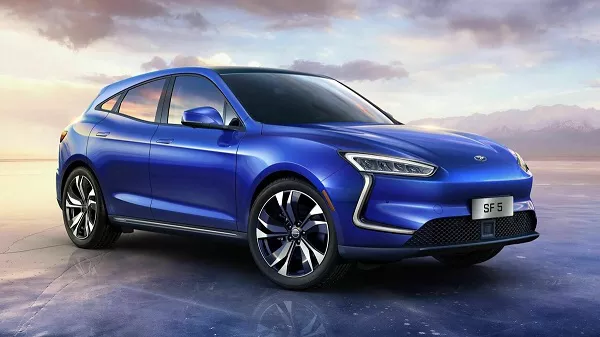Brazil has emerged as the leading export market for Chinese new energy vehicles (NEVs), surpassing Belgium, according to industry data. This shift comes as Chinese carmakers focus on expanding sales outside Europe amid the European Union’s anti-subsidy investigation into Chinese electric vehicles.
In April, exports of pure electric and plug-in hybrid vehicles to Brazil surged 13-fold from the previous year, reaching 40,163 units. This marks the second consecutive month that Brazil has held the top position, based on data from the China Passenger Car Association (CPCA).
The significant increase in exports to Brazil, which ranked as the 10th largest export market in January, occurs ahead of a planned rise in tariffs on EVs and hybrid vehicle imports set for July. The tariff hike is part of Brazil’s strategy to promote local automotive production.
Several Chinese automakers are already ramping up investments in Brazil to support local manufacturing. BYD (002594.SZ) has initiated the construction of a manufacturing complex expected to begin production by the end of this year or early 2025. Additionally, Great Wall Motor (601633.SS) announced that its Brazil plant will commence operations this month.
In April, Brazil also became China’s second-largest export destination for all types of cars, following Russia, which maintained the top spot. CPCA Secretary General Cui Dongshu anticipates that Russia, under Western sanctions, will continue to be China’s largest car export market.
Meanwhile, European countries such as Spain, France, the Netherlands, and Norway experienced the most significant declines in imports of China-made electric passenger vehicles between January and April, according to CPCA data.
The EU’s anti-subsidy probe has disrupted Chinese vehicle exports to the bloc, prompting Chinese carmakers to explore markets in South America, Australia, and the ASEAN region, Cui explained.
In the first four months of this year, Chinese auto exports to Russia rose by 23%, reaching 268,779 vehicles. Exports to Mexico and Brazil increased by 27% and 536%, totaling 148,705 and 106,448 vehicles respectively during the same period.
























